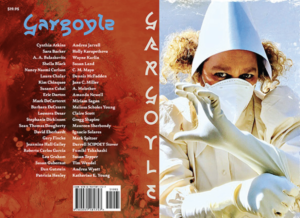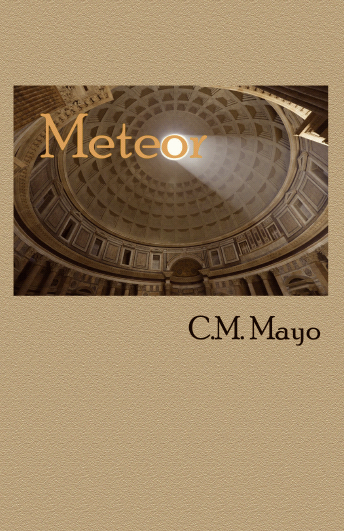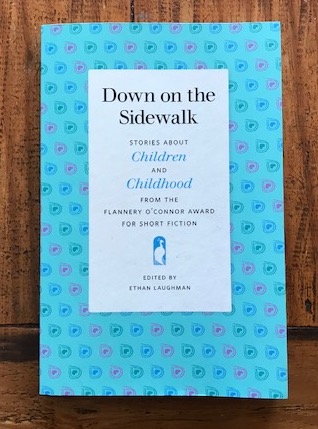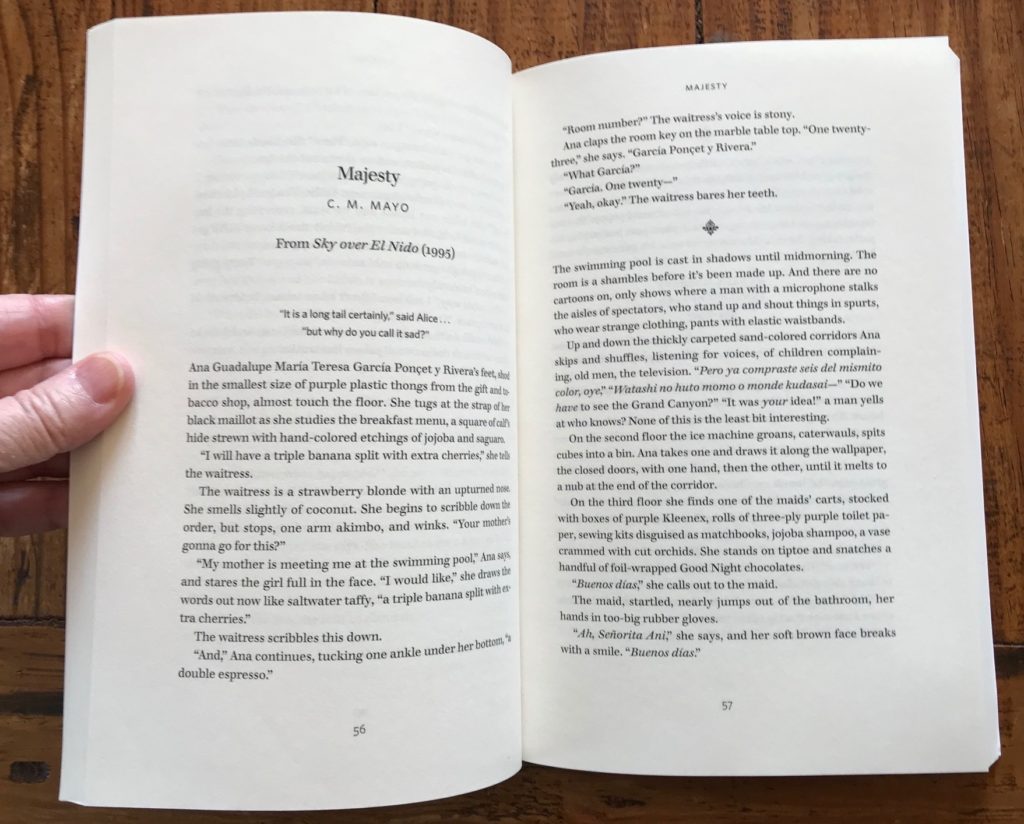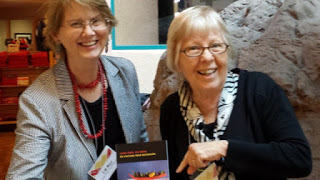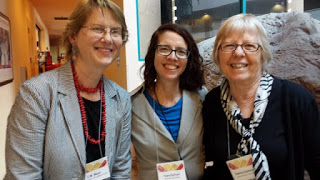
This finds me working away on my Far West Texas book which, unavoidably, concerns Mexico. Meanwhile, it’s time for the fifth-Monday-of-the-month newsletter and cyberflanerie, Mexico edition.
Delightful Mexico-related items have been landing in my mailboxes— both email and snailmail! First of all, the pioneering consciousness explorer and interviewer Jeffrey Mishlove has won the Bigelow Prize of USD $500,000—you read that right, half a million dollars— for his essay, “Beyond the Brain: The Survival of Human Consciousness After Permanent Bodily Death.” The news relevant to Yours Truly and Mexico is that, in this essay, Mishlove mentions my work about Francisco I. Madero, the leader of the 1910 Mexican Revolution, who also happened to be a Spiritist medium. A few years ago in Las Vegas, I was also greatly honored when Mishlove interviewed me at length for his show, New Thinking Allowed.
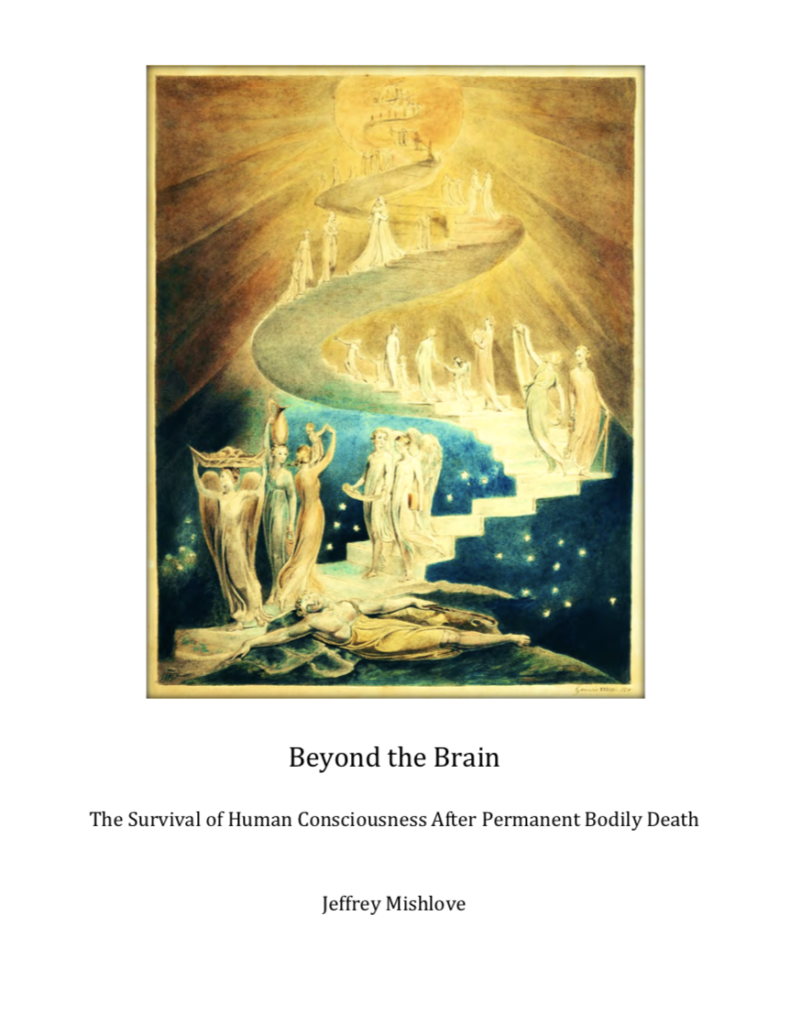
You can read Mishlove’s award-winning essay “Beyond the Brain” in its mind-blowing entirety for free, and read more about the impressive panel of judges, and the also impressive runners-up for the Bigelow prize at this link.
*
Another delightful item to land in my mailbox in this drizzly-gray season was the pristine copy of Lloyd Kahn’s 1999 newspaper, El Correcaminos, Vol. 1. No. 1, Los Cabos, Baja California Sur. In the photo below, my writing assistant, Uli Quetzalpugtl, lends his presence to the wonderfulness! Gracias, Lloyd!
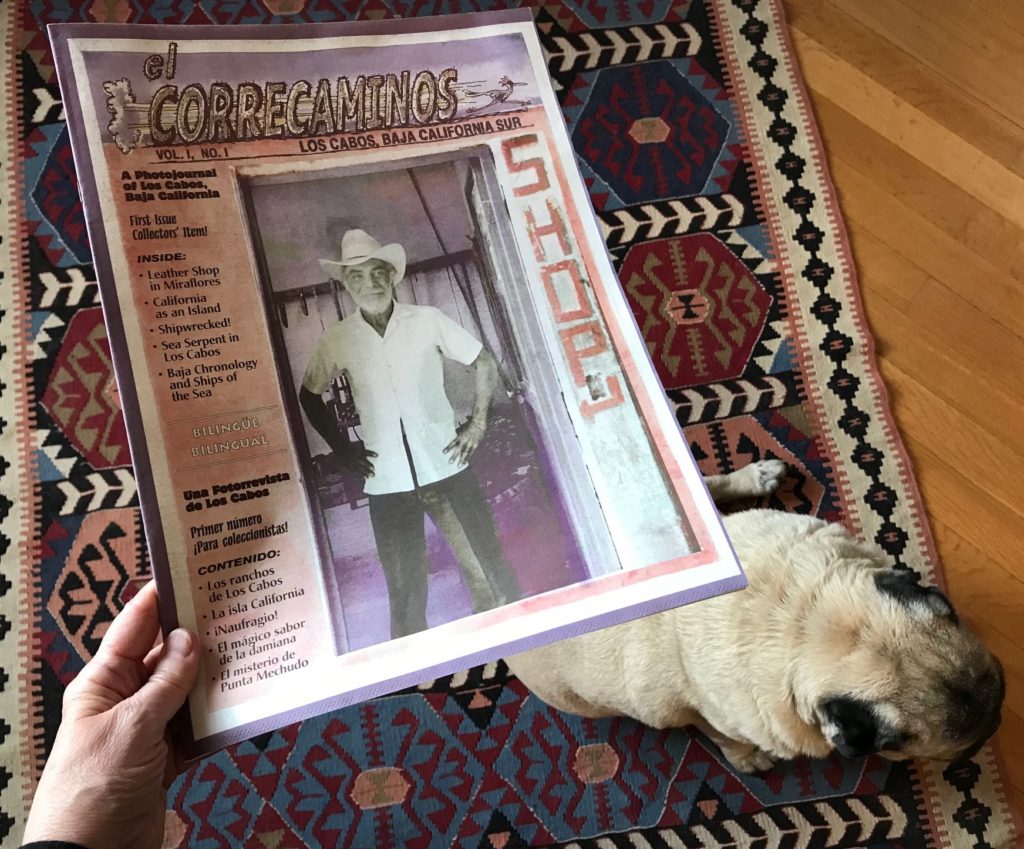
I’ve been a big fan of Lloyd Khan’s many endeavors (including this one) for some years now. Among other things, Kahn is the editor-in-chief of Shelter Publications. Check out his website and blog.
For me, reading this first 1999 issue of El Correcaminos was like stepping into a very personal time machine, for that was the year that, having concluded several years of intensively traveling and interviewing in and researching about that Mexican peninsula, I started polishing my draft of the manuscript that would appear as Miraculous Air: Journey of a Thousand Miles through Baja California, the Other Mexico (University of Utah Press, 2002).
Here’s a photo of El Correcaminos’ page of recommended books— ah ha! Anne Zwinger’s A Desert Country Near the Sea, Graham Mackintosh’s Into a Desert Place; Walt Peterson’s The Baja Adventure Book: These are some of the books I’d kept on my desk, and even carried with me on my travels. I’m smiling as I write this. How books can be like old friends! And sometimes their authors can become friends, too! (Hola, dear Graham!)
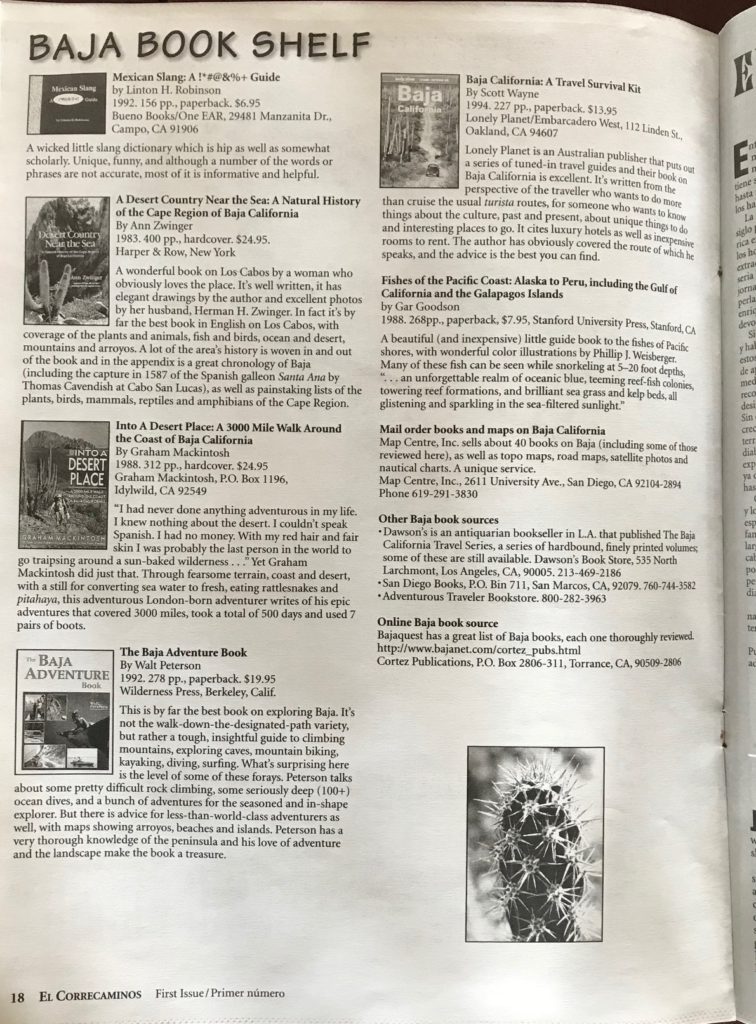
More Mexico news from Denver, Colorado: My amiga Pat Dubrava reads her translation of “The Magic Alphabet,” a short story by Mexican writer Agustín Cadena for Jill!
Dubrava and I both translate Cadena— he’s vastly under-appreciated in English, and we’re aiming to change that.
*
Mexican librarian and essayist Juan Manuel Herrera writes in Reforma about Mexico City’s esteemed rare book dealer, owner of the Librería Antigua Madero, Enrique Fuentes Castilla (March 30, 1940- March 8, 2021). I so admired and adored Don Enrique; I never considered my time in Mexico City well-spent without a visit to his Librería Madero. His passing is the passing of an era.
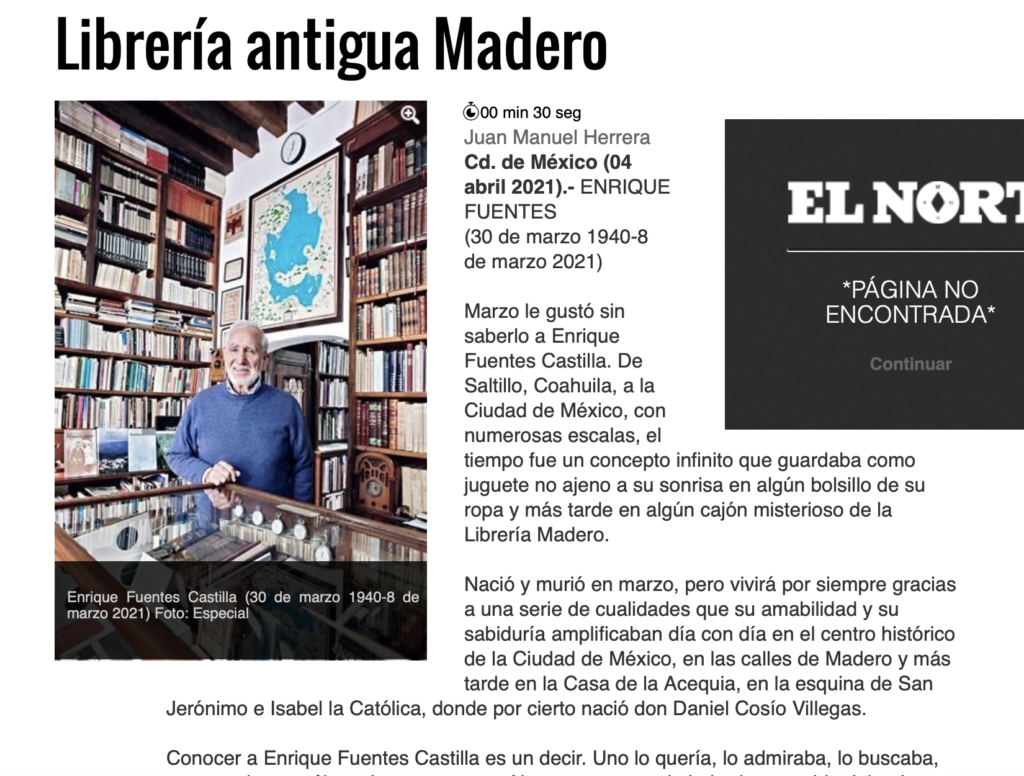
(Don Enrique was very helpful to me, and I wrote about him and Librería Madero a little bit in my long essay about the Mexican literary landscape, “Dispatch from the Sister Republic or, Papelito Habla.”)
*
Another big part of the wonderfulness of Mexico City is its Centro de Estudios de Historia de México (CEHM) in the southern neighborhood of Chimalistac. Its director, historian Dr. Manuel Ramos Medina, reads a letter from the Empress Carlota to Señora Dolores de Almonte—this being one from the vast cornucopia of treasures in the CEHM’s archives. For those of you who speak Spanish and have an interest in Mexican history, check out the website for information of the innumerable free online lectures they offer.
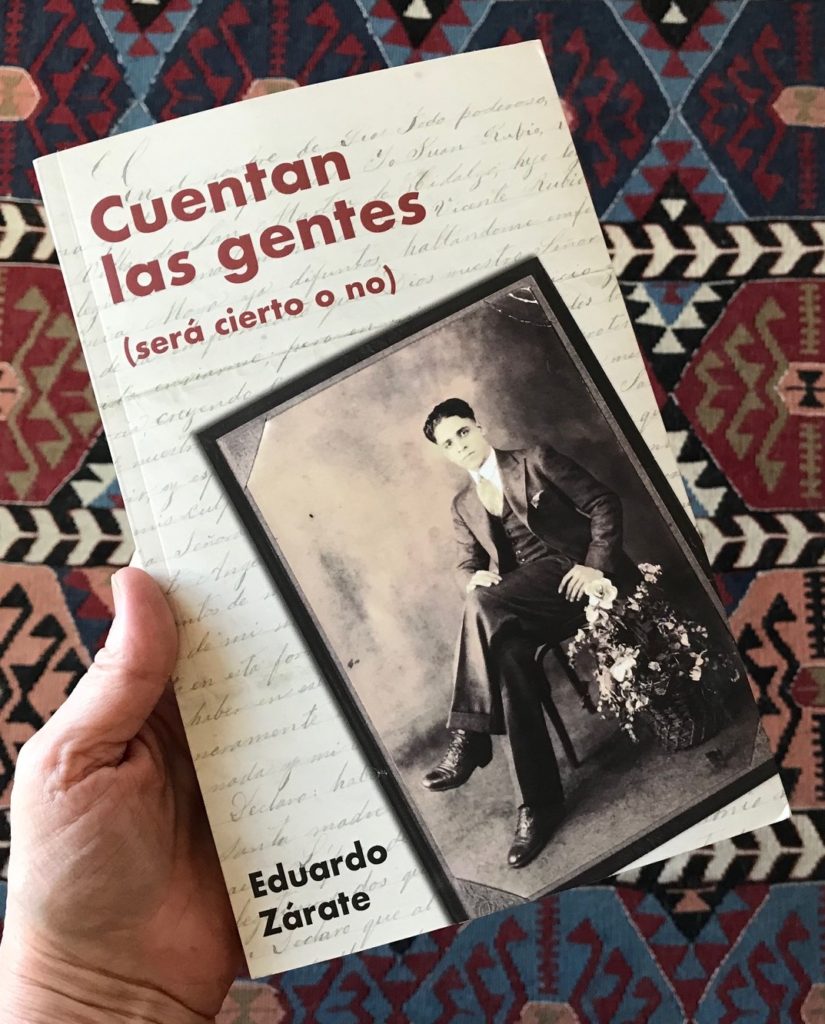
My amigo Mexican writer Eduardo Zaráte has a fine new book of short stories: Cuentan las gentes (será cierto o no).
His wife, my amiga Araceli Ardón, a writer I have long admired and some of whose fiction I have translated, is offering a free series of outstandingly good lectures on Mexican literature and on her Ardón method of creative writing— in Spanish. Highly recommended.
*
How did I miss this fascinating 2014 article by Margaret Randall about Hassan Fathy??!! I came across Randall’s work back when I started editing the now-defunct Tameme literary magazine, and Fathy’s work, when I interviewed Simone Swan on the US-Mexico border in Presidio, Texas.
*
POSTS AT MADAM MAYO BLOG
SINCE THE LAST NEWSLETTER
TEXAS BOOKS
= First Monday of the Month=
They Beat Their Horses with Rocks
(And Other Means of Energizing Transport in the Permian Basin of 1858)
November 1, 2021
Into the Guadalupe Mountains: Some Favorites from the Texas Bibliothek
(Plus a Couple of Extra-Crunchy Videos)
October 4, 2021
From the Archives: My Review of Edward H. Miller’s
Nut Country: Right-Wing Dallas and the Birth of the Southern Strategy
September 6, 2021
*
WRITING WORKSHOP POSTS
= Second Monday of the Month =
Verbszzzzz… or Verbs!
November 8, 2021
Itty Bitty But Bold! From the Archives: “Revision:
Take a Chainsaw to Those Little Darlings,
Prune, Do No Harm, Be an Archaeologist,
Move the Furniture Onto the Front Lawn, Flip the Gender”
October 11, 2021
Fearless Fabian / Plus From the Archives:
“The Vivid Dreamer” Writing Workshop from
the Guadalupe Mountains National Park
September 13, 2021
*
MISC & C.M. MAYO NEWS
= Third Monday of the Month =
How Wide is Your Overton Window?
Plus from the Archives:
“On Writing About Mexico: Secrets and Surprises”
November 15, 2021
“Julius Knows” in Catamaran
October 18, 2021
Neil Postman’s 1997 Lecture
“The Surrender of Culture to Technology”
September 20, 2021
*
Q & A WITH OTHER WRITERS
= Fourth Monday of the month =
Q & A with Philosopher Richard Polt on The Typewriter Revolution
November 22, 2021
How Are Some of the Most Accomplished Writers and Poets
Coping with the Digital Revolution? /
Plus: My Own Logbook and Stopwatch for Madam Mayo Blog
October 25, 2021
Q & A with Poet Karren Alenier on her New Book “How We Hold On,”
the WordWorks, Paul Bowles & More
September 27, 2021
OTHER NEWS
Look for the Marfa Mondays podcasts to resume in early 2022.
*
Wingsuit Video of the Season: Mexican Wingsuit Camp.
I welcome your courteous comments which, should you feel so moved, you can email to me here.

Ignacio Solares’ “The Orders” in Gargoyle Magazine #72
Q & A with Christina Thompson on Sea People: The Puzzle of Polynesia
Translation on the Menu, Plus from the Archives:
“Café San Martín”– Reading Mexican Poet Agustín Cadena
at the Café Passé in Tucson, Arizona




